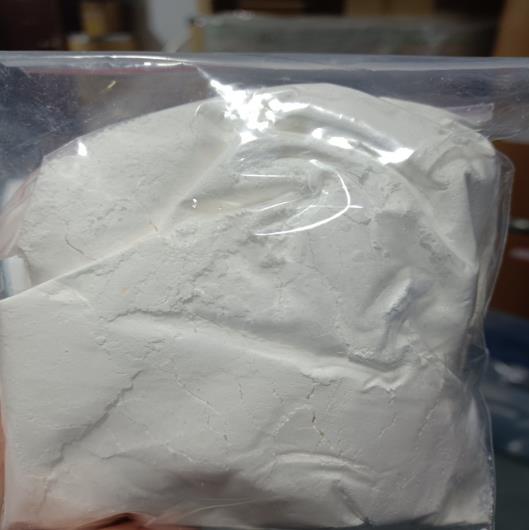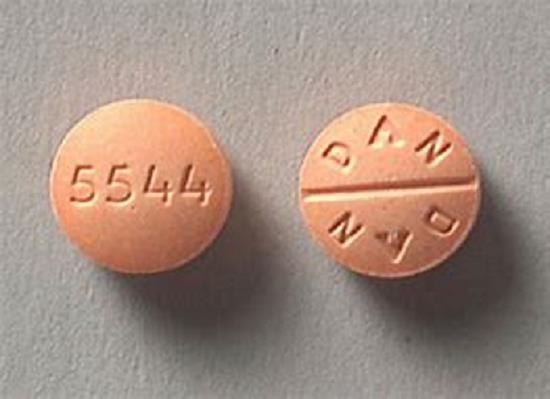Application and side effects of Allopurinol
Allopurinol is a xanthine oxidase inhibitor that reduces the production of uric acid. Allopurinol is used to prevent gout attacks by reducing uric acid production; high levels of uric acid may cause gout or kidney stones. Allopurinol is available as a generic termed allopurinol.

Application
Allopurinol is used to treat gout and certain types of kidney stones. It is also used to prevent increased uric acid levels in patients receiving cancer chemotherapy. These patients can have increased uric acid levels due to release of uric acid from the dying cancer cells. Allopurinol works by reducing the amount of uric acid made by the body. Increased uric acid levels can cause gout and kidney problems.
How to use Allopurinol
Take this medication by mouth, usually once daily or as directed by your doctor. Take this medication after a meal to reduce stomach upset. If your dose is more than 300 milligrams a day, you will need to take several smaller doses during the day to get this amount (ask your doctor for directions).
It is best to drink a full glass of water with each dose and at least 8 more glasses (8 ounces each) of fluid a day. If your doctor has directed you to drink less fluid for other medical reasons, consult your doctor for further instructions. Your doctor may also instruct you on how to decrease acid in your urine (e.g., avoiding large amounts of ascorbic acid/vitamin C).
Dosage is based on your medical condition and response to treatment. Use this medication regularly to get the most benefit from it. To help you remember, take it at the same time(s) each day.
For the treatment of gout, it may take up to several weeks for this medicine to have an effect. You may have more gout attacks for several months after starting this medicine while the body removes extra uric acid. Allopurinol is not a pain reliever. To relieve pain from gout, continue to take your prescribed medicines for gout attacks (e.g., colchicine, ibuprofen, indomethacin) as directed by your doctor.
Side Effects
Stomach upset, nausea, diarrhea, or drowsiness may occur. If any of these effects persist or worsen, tell your doctor or pharmacist promptly.
Remember that your doctor has prescribed this medication because he or she has judged that the benefit to you is greater than the risk of side effects. Many people using this medication do not have serious side effects.
Tell your doctor right away if any of these rare but very serious side effects occur: numbness/tingling of arms/legs, easy bleeding/bruising, unusual tiredness, signs of kidney problems (such as change in the amount of urine, painful/bloody urination), yellowing eyes/skin, severe stomach/abdominal pain, persistent nausea/vomiting, dark urine, unusual weight loss, eye pain, vision changes.
Precautions
Before taking allopurinol, tell your doctor or pharmacist if you are allergic to it; or if you have had a severe reaction to it; or if you have any other allergies. This product may contain inactive ingredients, which can cause allergic reactions or other problems. Talk to your pharmacist for more details.
Before using this medication, tell your doctor or pharmacist your medical history, especially of: liver disease, kidney disease, diabetes, high blood pressure (hypertension), unusual diets (e.g., fasting).
This drug may make you drowsy. Alcohol or marijuana (cannabis) can make you more drowsy. Do not drive, use machinery, or do anything that needs alertness until you can do it safely. Alcohol may also decrease the effectiveness of this drug. Limit alcoholic beverages. Talk to your doctor if you are using marijuana (cannabis).
Related articles And Qustion
Lastest Price from Allopurinol manufacturers

US $0.00/Kg/Drum2025-04-21
- CAS:
- 315-30-0
- Min. Order:
- 1KG
- Purity:
- 98%-102%;USP
- Supply Ability:
- 10 TONS

US $10.00/KG2025-04-21
- CAS:
- 315-30-0
- Min. Order:
- 100KG
- Purity:
- 99%
- Supply Ability:
- 100 mt





